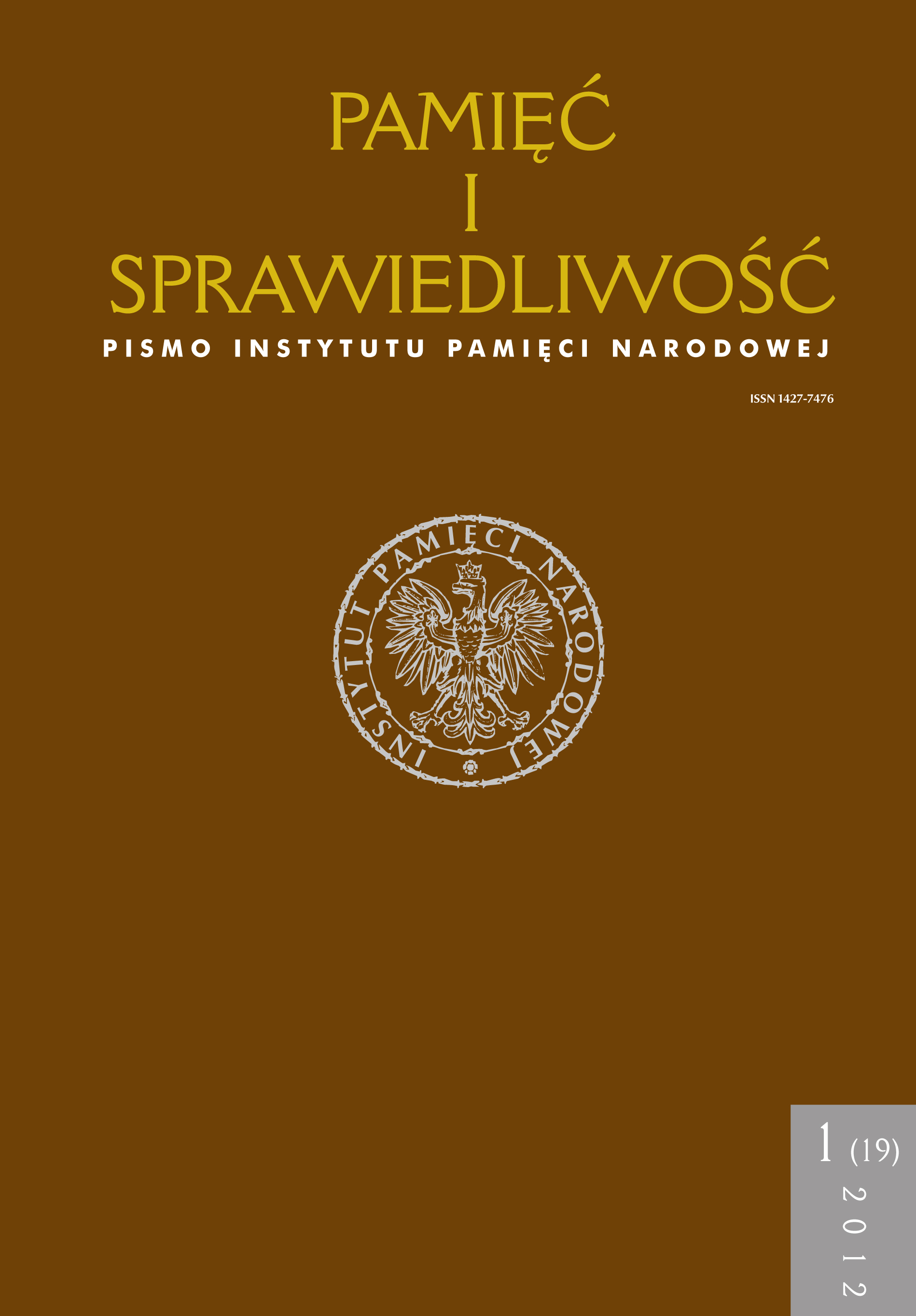Continuity and change of the voting behavior in Poland from 1945 to 2010
Remembrance and Justice, Vol. 19 No. 1 (2012), pages: 453-466
Publication date: 2012-06-30
Abstract
Longtime stability of the voting behavior is a phenomenon often observed and
its importance is appreciated by researchers. Election results show that since 1989
Poland has been divided by cultural and civilization gap: the north-western part
expresses its commitment to the liberal and left values, while the south-eastern
part remains strongly traditional and Catholic. The direct background of the
nowadays voting divisions goes back to the period of 1940–1947 characterized by
dramatic events of war and the considerable change of borders. Signifi cantly, in
the beginning of XXI century voters living in the great towns changed their voting
behavior and instead of supporting the political camp being still very popular in
the anticommunist south-east, began to prefer the moderate political parties that
also use to dominate in the north-west Poland.
 Język Polski
Język Polski
 English
English
 Deutsch
Deutsch
 Français (France)
Français (France)
 Italiano
Italiano
 Русский
Русский


 PDF (Język Polski)
PDF (Język Polski)
